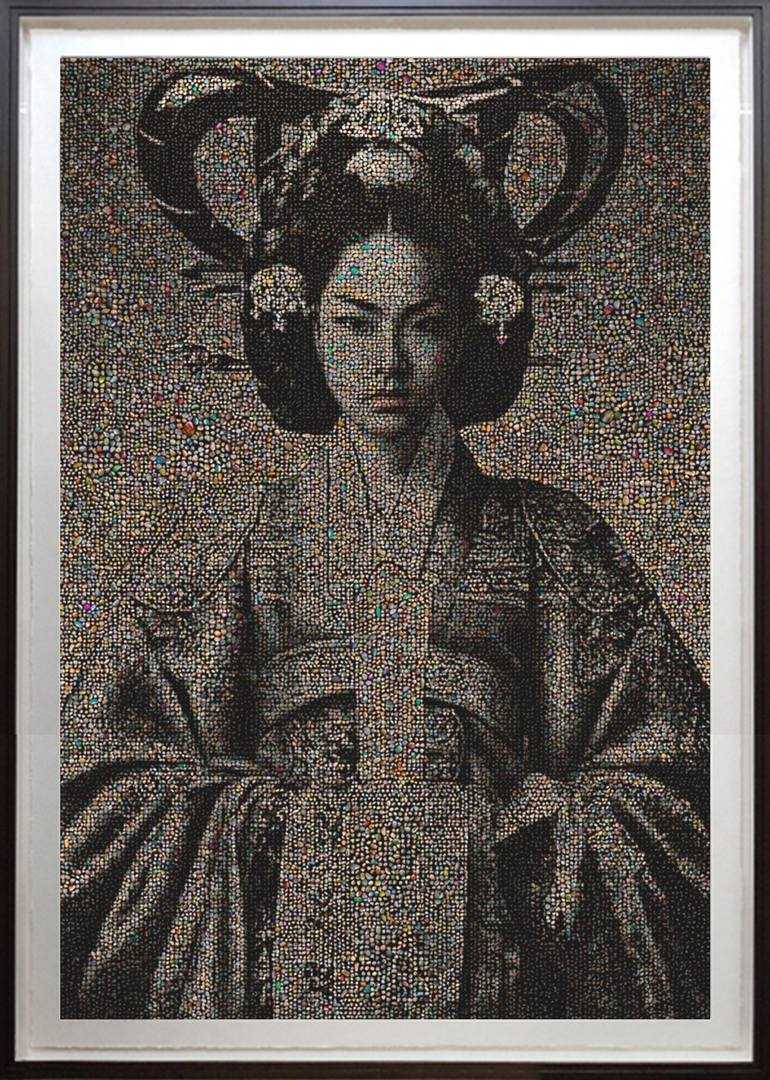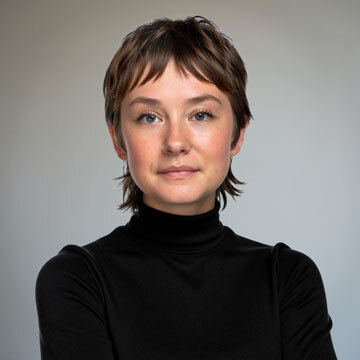


1129 Views
5
View In My Room
Joseon dynasty royal family series, Empress #1 - Limited Edition of 5 Photograph
Chong-Il Woo
South Korea
Photography, Photo on Paper
Size: 48 W x 66 H x 5 D in
Ships in a Crate
1129 Views
5
Artist Recognition

Artist featured in a collection
ABOUT THE ARTWORK
DETAILS AND DIMENSIONS
SHIPPING AND RETURNS
Woman as the Landscape Each nation and country has its unique customs. The customs, passed on from generation to generation, take firm place as the culture of a particular society. Even in the highly communicative, open societies of the world today, such culture does not change easily. Rather, thin...
Year Created:
2009
Subject:
Styles:
Mediums:
Photography, Photo on Paper
Rarity:
Limited Edition of 5
Size:
48 W x 66 H x 5 D in
Ready to Hang:
Not Applicable
Frame:
Other
Authenticity:
Certificate is Included
Packaging:
Ships in a Crate
Delivery Cost:
Shipping is included in price.
Delivery Time:
Typically 5-7 business days for domestic shipments, 10-14 business days for international shipments.
Returns:
The purchase of photography and limited edition artworks as shipped by the artist is final sale.
Handling:
Ships in a wooden crate for additional protection of heavy or oversized artworks. Artists are responsible for packaging and adhering to Saatchi Art’s packaging guidelines.
Ships From:
South Korea.
Need more information?
Need more information?
Chong-Il Woo
South Korea
he became interested in conceptual art and developed a distinctive way in which the photographic image is more than just visual components. he hsa been focusing on the beauty of women. From his early works in the US to his recent photographs, he has never deviated from the beauty of women. He strives to depict diverse forms of women in relation to daily life in different times and in different places. In his ‘Women in Chosun Dynasty’ series, he described the conceptual meaning of beauty across the past and present time using different mediums, such as fabric and pebbles, to show the beauty of women in realistic and unrealistic form. In his new series ‘Nomadic life’, he represents women displaying the latent nomadic characteristics of humans at different locations and binding eroticism with nature. "My photography works which illuminate traditional photography are not satisfied with the one-dimensional output. When my artistic imagination and idea works, I create and finally complete my work that coexisted with various scenes in a different time and diverse beauty., and this is why I exist as an artist."
Artist Recognition

Artist featured by Saatchi Art in a collection
Why Saatchi Art?
Thousands of
5-Star Reviews
We deliver world-class customer service to all of our art buyers.
Global Selection of Original Art
Explore an unparalleled artwork selection from around the world.
Satisfaction Guaranteed
Our 14-day satisfaction guarantee allows you to buy with confidence.
Support Emerging Artists
We pay our artists more on every sale than other galleries.
